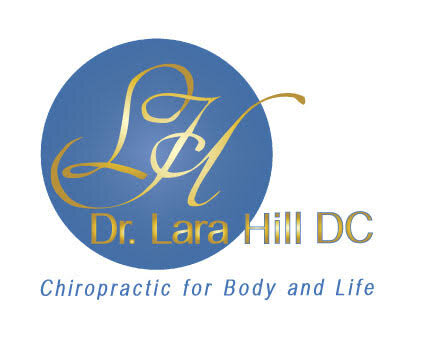Turkey, Tryptophan, and Serotonin (“the happiness hormone”)
You’ve had your turkey (…and potatoes, and stuffing, and cranberry sauce, and pie…), and now you’re oh-so-sleepy. Maybe it’s because your blood has all rushed to your stomach to digest all the food. Maybe it’s that glass or two of wine with dinner. Or, you might have heard that it also might be this thing called tryptophan in the turkey.
Tryptophan is pretty cool. It is an essential amino acid—meaning that our body needs it, and can’t make it itself—meaning, it needs to get it from our diet. Why does tryptophan help make you tired? It is a basic building block for melatonin, which is a hormone released by the pineal gland at night to make you tired. Since this amino acid is higher in turkey, it is theorized that it helps you make more melatonin.
But, you know what else tryptophan helps you make? Serotonin, a major player in mood known as the ”happiness hormone,” also requires tryptophan for it’s production. This juicy tidbit is a valuable one this time of year as the daylight dwindles. Many people start to experience or anticipate the impacts of seasonal depression. That is stacked on top of the already raising level of depression. In fact, serotonin has such a high impact on mood, that most anti-depressant pharmaceutical drugs work to attempt to chemically increase the levels of this precious neurotransmitter in the brain. So, naturally boosting your serotonin is definitely a mental health strategy worth considering.
Low levels of serotonin matter because…
Depression
Changes in sleep
Chronic pain and fibromyalgia
Memory or learning issues
Anxiety
Schizophrenia
Problems with the body’s internal clock/circadian rhythm
Appetite issues
ADD/ADHD
Dementia
Causes of low serotonin:
Prolonged periods of stress
Poor diet or digestion
Toxic substances (heavy metals, pesticides, past or present drug use)
Certain drugs and substances (caffeine, alcohol, nicotine, Nutrasweet, anti-depressants and some cholesterol-lowering medications)
Hormone changes
Lack of sunlight
Uffda! Almost all of these are higher in today’s world, and for many of us at least a few of these factors increase around the holidays.
So don’t wait, “gobble” up that left-over turkey, and if you’re vegan or vegetarian—or if you want to explore ways to help lift your low mood naturally—you might consider a supplement to make sure you are getting enough (feel free to reach out for suggestions).
Your wellness cheerleader,
Dr. Lara
